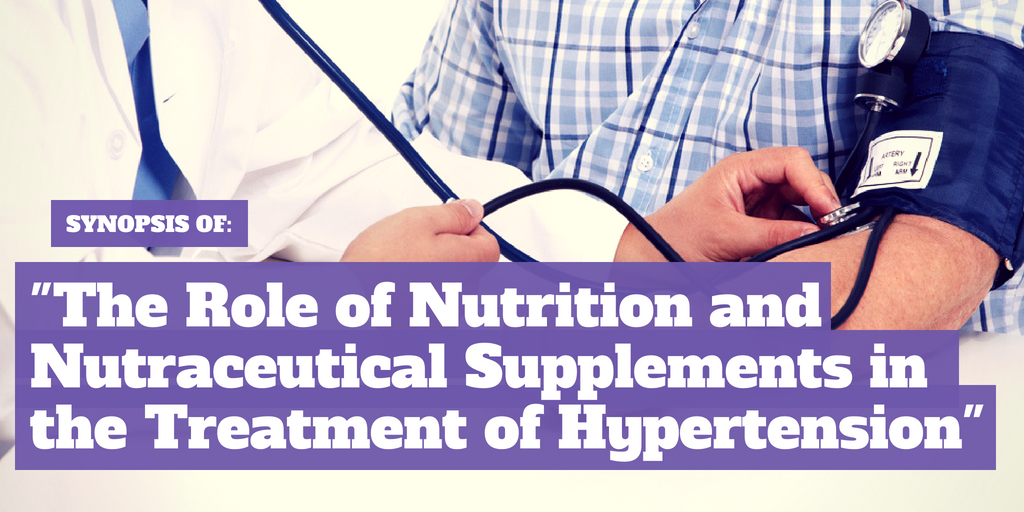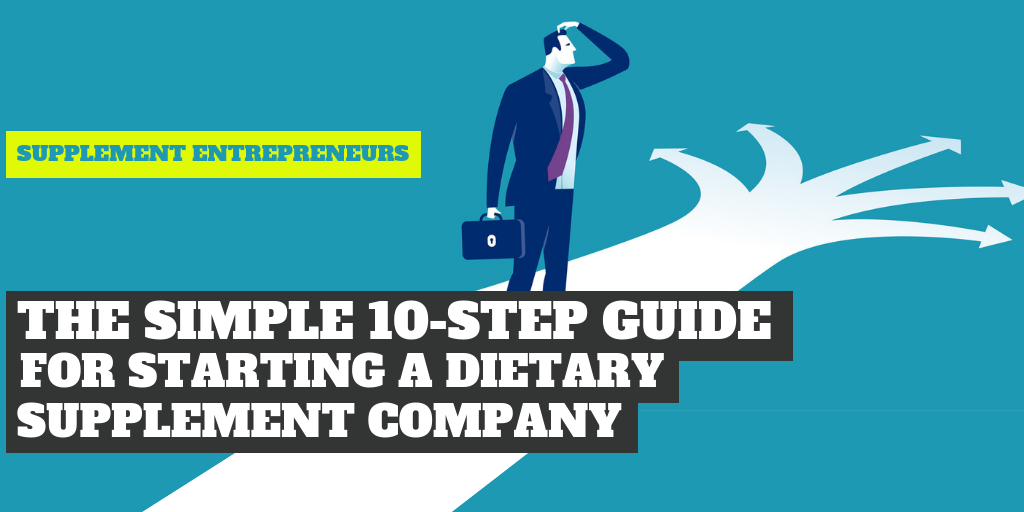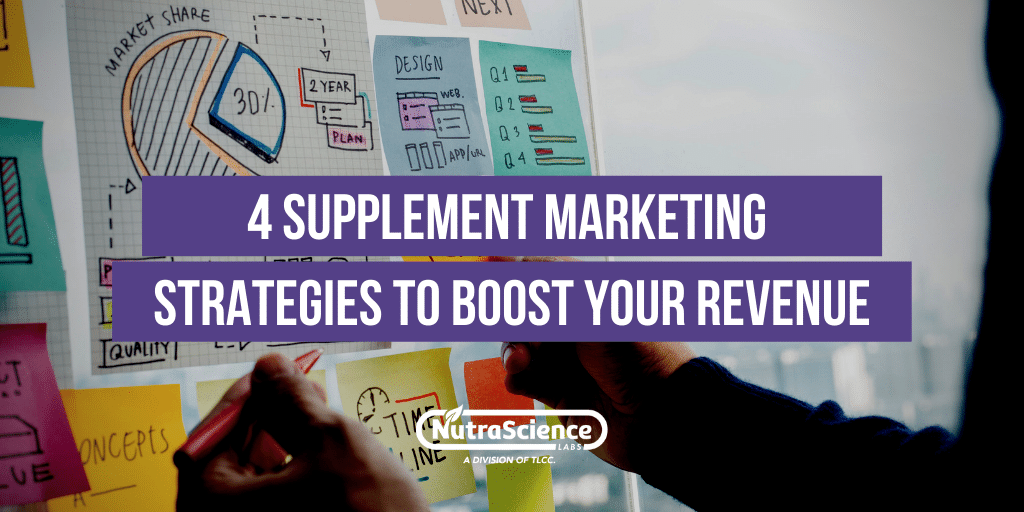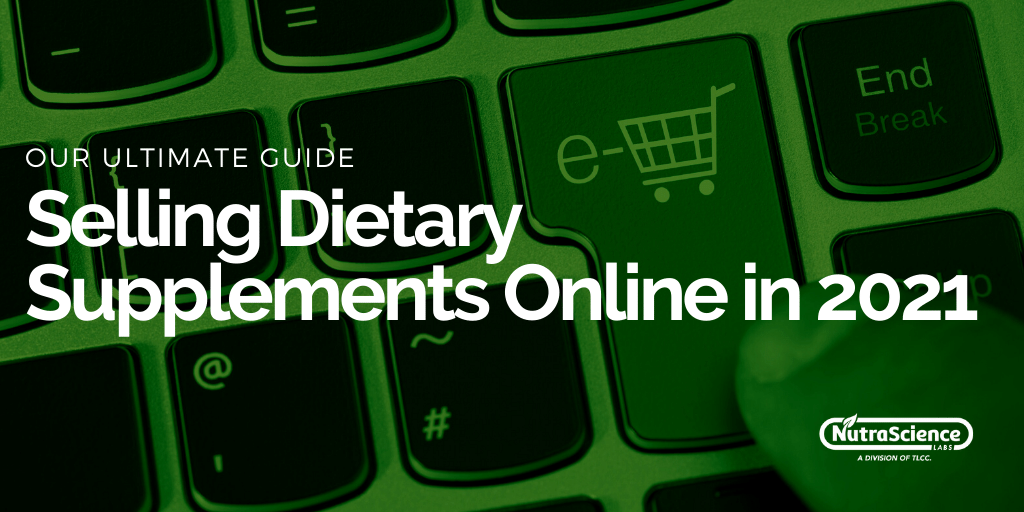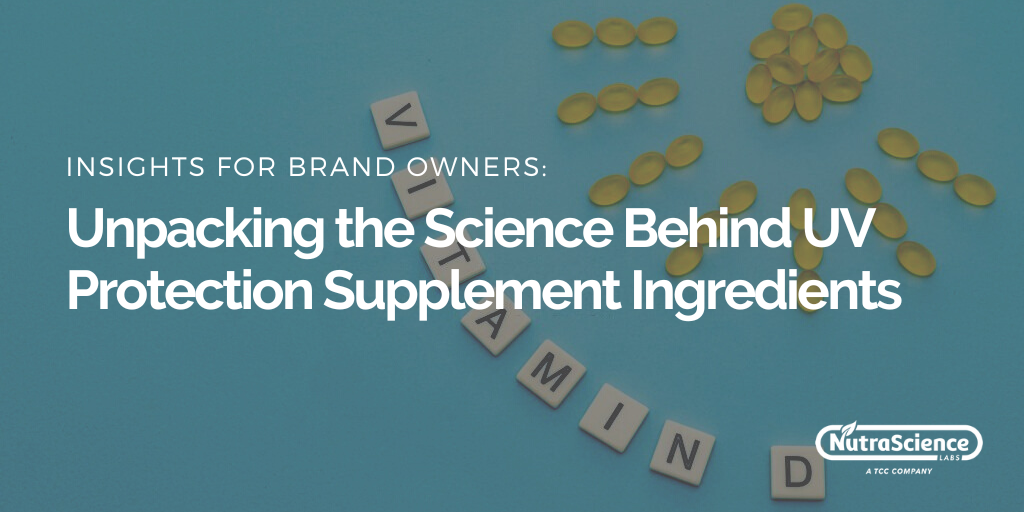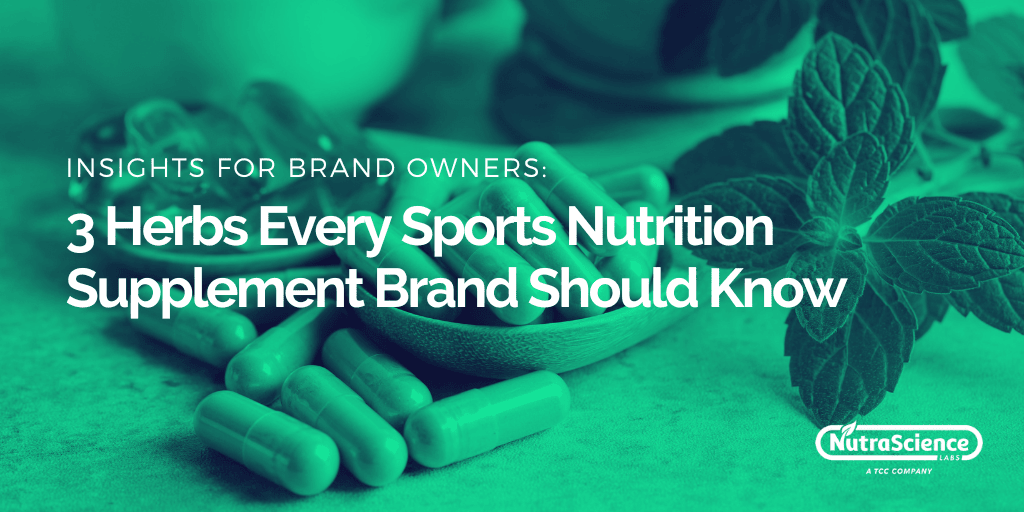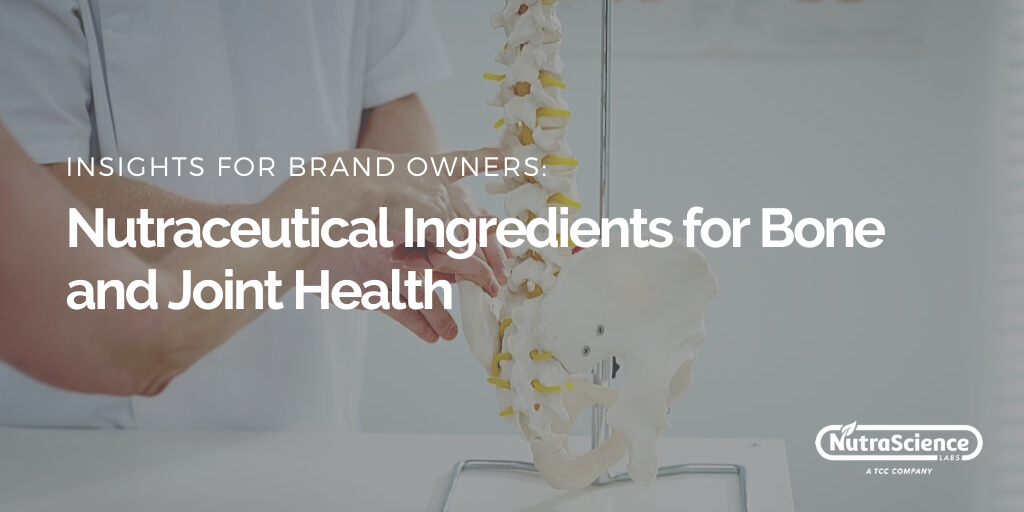Role Of Nutraceutical Supplements In The Treatment Of Hypertension (BP)
Synopsis of "The Role of Nutrition and Nutraceutical Supplements in the Treatment of Hypertension"
This Research brief is summarized from a published clinical study. All the information and statistics cited below were taken directly from the original publication piloted by Mark Houston.1
NutraScience Labs has restructured or paraphrased some sections of this brief in an attempt to more succinctly summarize the research.
Introduction
In vascular biology, damage to the endothelium, which is situated between the blood and the vascular smooth muscle, is an indication of hypertension. This disease is a result of the combination of genetics and the environment and is often caused due to deficiencies of macronutrients and micronutrients in the body which need to be correctly analyzed and treated.
Epidemiology
The shift from a Paleolithic diet to a modern one has resulted in an increase of nutritionally-deficient diseases, including hypertension. The effects of a change in diet have increased to an extent where our genes can no longer adapt.
Pathophysiology
Oxidative stress, inflammation, and autoimmune dysfunction form a lethal grouping that leads to hypertension. Cell processes contribute to hypertension which is further aggravated by the deterioration of the vascular system
- Oxidative Stress - It constitutes the imbalance between radical oxygen species (ROS), radical nitrogen species (RNS) and anti-oxidant defensive mechanisms.
- Inflammation - Surges in high sensitivity C-reactive protein and certain inflammatory cytokines have been observed in hypertension which also results in an increase in blood pressure (BP).
- Automimmune Dysfunction - Cell imbalances cause autoimmune vascular impairment. The central nervous system plays a vital role is vital in increasing or reducing of immune dysfunction and inflammation.
Treatment
The following natural compounds may be a good substitute for antihypertensive drugs:
- Dietary Approaches to Stop Hypertension diets - This approach helps decrease oxidative stress, improves vascular movement and lowers BP.
- Sodium (Na) Reduction - Reduction in sodium intake, while balancing it with other nutrients like potassium, calcium, and magnesium, helps reduce BP and is important for good vascular health.
- Potassium - A potassium-rich diet helps lower oxidative stress and inflammation.
- Magnesium - It increases the effectiveness of anti-hypertensive drugs when used in conjunction.
- Calcium - Studies show no effect due to the introduction of calcium supplements although there is a link between calcium and BP.
- Zinc - It helps reduce oxidative stress.
- Protein - Studies show that protein intake lowers the risk of stroke in women with hypertension.
- Amino acids and related compounds - Both L-arginine and L-Carnitine have an antihypertensive impact and help increase blood flow to the coronary artery. Taurine also aids in lowering BP.
- Omega-3 fats - Studies show fatty acids found in fish, flax seeds and flax oil helps lower BP.
- Omega-9 fats - Clinical findings show that diets rich in olive oil can reduce the need for antihypertensive drugs by almost 50 percent.
- Fiber - Studies linking fiber to hypertension have been inconclusive, although some fibrous products may help reduce BP.
- Vitamin C - Apart from having pro-oxidative effects, it helps prevent endothelial dysfunction (ED).
- Vitamin E - Most studies have not revealed an incidence of lower BP.
- Vitamin D - Lower levels of Vitamin D present higher risks for hypertension patients with the vitamin reducing inflammation and regulating receptors.
- Vitamin B6 (pyridoxine) - High doses of vitamin B6 lower BP to a great extent.
- Flavonoids - These natural substances are found to reduce stroke and enable smooth cardiac functions.
- Lycopene - Present in the carotenoid family, it helps reduce BP and oxidative stress.
- Pycnogenol - It provides protection from oxidative stress and ED.
- Garlic - Studies show the use of garlic helps reduce BP and is also useful in treating patients already on drugs.
- Seaweed - Clinical studies show lower BP within 4 weeks of administration.
- Sesame - Helps in reducing BP, arterial stiffness, and improves oxidative defense.
- Beverages: Tea, coffee, and cocoa - These help reduce BP and improve endothelial function.
- Additional compounds - Melatonin, Hesperidin, pomegranate juice and grape seed extract have shown to be helpful in reducing BP.
- Coenzyme Q10 (Ubiquinone) - It has positive effects such as improved endothelial function, reduced oxidative stress and reduced heart rate.
- Alpha lipoic acid - It has been found to increase levels of useful vitamins and improve BP control.
Clinical Considerations
- Combining food and nutrients with medication - This approach is helpful in reducing BP rather than drugs alone. Clinical studies should involve the use of diet, food, exercise and other lifestyle alterations for successful results.
Conclusion
While vascular biology and other cardiovascular dysfunctions play a role in hypertension, the interaction between genes and nutrients are important factors that stimulate favorable or unfavorable effects in hypertension. Nutraceutical supplements have a role to play in the treatment of hypertension.
Citations
- The role of nutrition and nutraceutical supplements in the treatment of hypertension, Mark Houston, Hypertension Institute, Saint Thomas Medical Plaza, Nashville, TN 37205, United States. World J Cardiolv.6(2); 2014 Feb 26PMC3935060.

